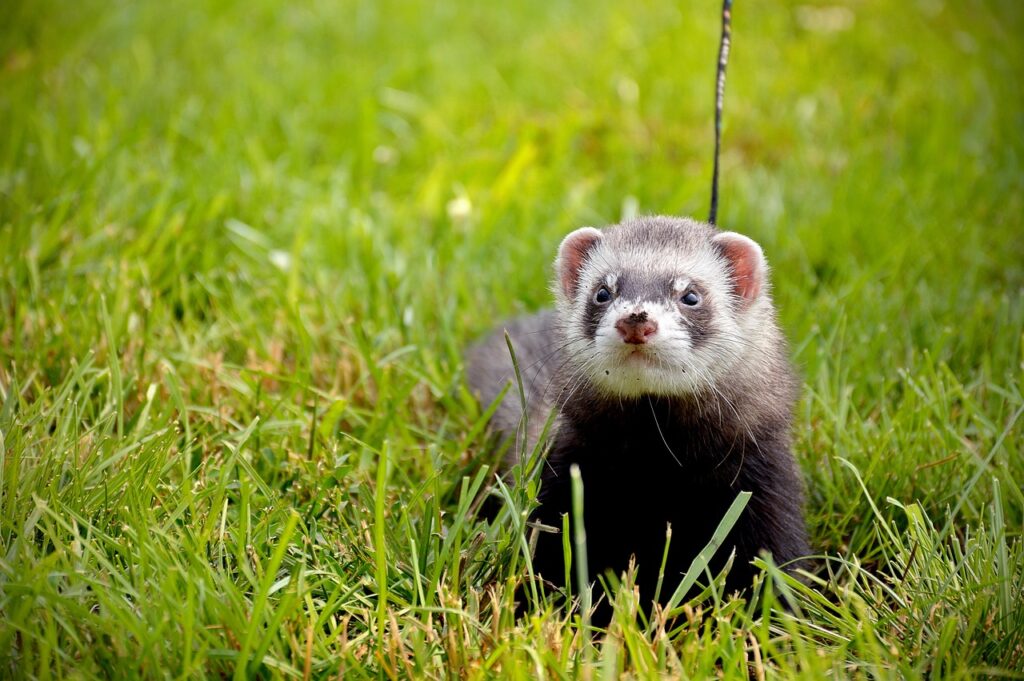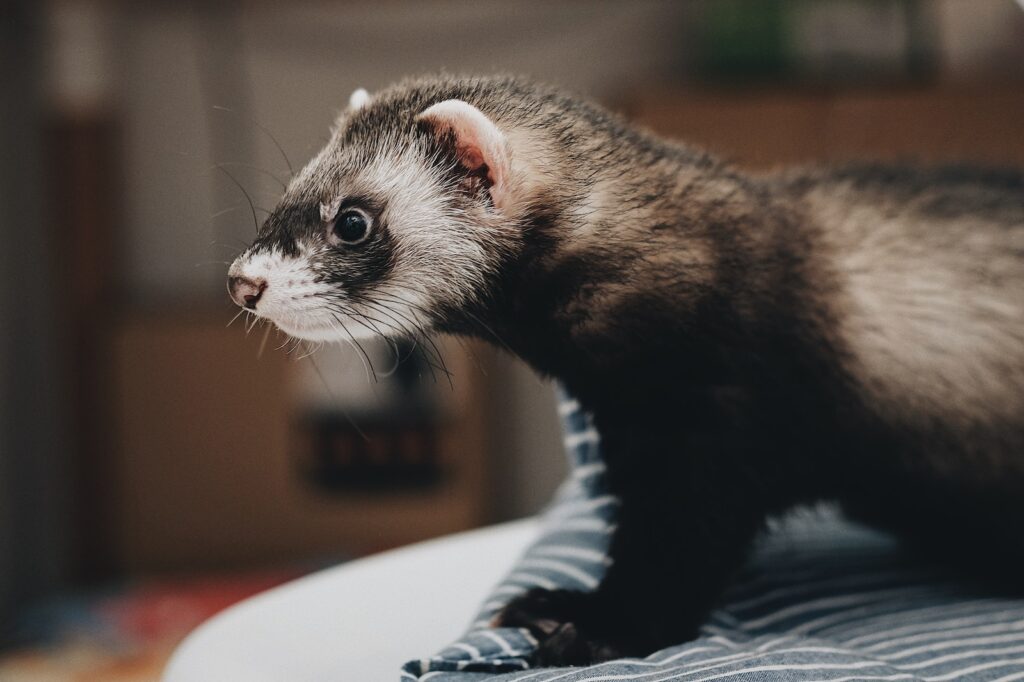Why Garlic is a No-Go for Your Furry Ferret Friends
When it comes to feeding our curious little ferrets, we might wonder if what’s good for us is also good for them. Garlic, while a staple in our kitchens, is actually a food item that ferrets should never eat. Understanding why this pungent plant is harmful to your ferret is crucial for their health and happiness. Just like us, animals can have strong reactions to certain foods, and unfortunately, garlic is high on the list of dangerous foods for ferrets.
The Risks Involved with Feeding Garlic to Ferrets
Though garlic adds flavor to our meals, it can cause serious health problems for ferrets. The reason behind this is that garlic contains compounds that can damage red blood cells, leading to a condition called hemolytic anemia. This condition reduces the number of healthy cells that carry oxygen through the body, making it really hard for our furry pals to stay energetic and lively. Garlic is also known to cause gastrointestinal upset in ferrets, which can lead to a host of digestive issues. The small bodies of ferrets are not designed to process the strong components found in garlic, making it a food to avoid to keep your ferret safe.
Recognizing the Signs of Garlic Toxicity in Ferrets
If ferrets somehow manage to nibble on garlic, there are signs that may show all is not well. Watch out for unusual tiredness, which could be a sign of anemia. Your ferret might not want to eat as much or might look weak and less playful. Some other warnings include upset stomach, diarrhea, or vomiting. Their breath might also have a strong bad smell, dissimilar from their normal scent. If you notice any of these symptoms or suspect they have eaten garlic, it’s important to seek a veterinarian’s care quickly.
Safe and Tasty Treats for Your Ferret to Enjoy
Instead of risky table scraps like garlic, there are plenty of safe and nutritious alternatives to keep your ferret’s diet both interesting and healthful. Protein-rich foods like cooked eggs, and chicken or turkey (without any seasoning), are great choices. Because ferrets are carnivores, these treats support their natural eating habits and provide them with the necessary nutrients. Always make sure to introduce any new foods gradually and in moderation to avoid any digestive upset.
Keeping Forbidden Foods Out of Paw’s Reach
To make sure your ferret stays away from foods like garlic, it’s key to ferret-proof your home. Keep all harmful foods in ferret-proof containers or high cupboards. If you’re using garlic or other unsafe foods in your cooking, be aware of any food scraps that might accidentally fall on the floor. Always supervise your ferret when they are roaming free in your home to ensure they don’t chew on something they shouldn’t. A little prevention goes a long way in keeping your ferret safe and healthy.
Conclusion
In conclusion, garlic may be great for seasoning your pasta sauce, but it’s not a safe choice for your ferret. Remember, it’s best to stick to a diet that suits their unique digestive system, with treats that are free from harmful substances. Being mindful of what your ferret eats, watching out for signs of sickness, and ferret-proofing your home are all ways to guarantee a long, joyful life for your furry companion. By making responsible pet care a priority, you ensure that your beloved ferret can stay playful and happy for years to come.



